To Suffolk students and faculty, Black History Month is much more than the brief history lesson it has become to the rest of America.
“One of the frustrating things [about Black History Month] is that it’s still viewed as something that’s just for back people,” said Robert Bellinger, director of Suffolk’s Black Studies program. “That’s not its purpose and that’s never been its purpose.”
Carter G. Woodson, the second African American to receive a PhD in the social sciences from Harvard, first established Black History Month in 1926 as a week-long celebration of Black history and the contributions the Black community had made to society during the previous year. This week, he hoped, would also be a chance for Black people to come together and generate new ideas for showcasing the importance of their community to other Americans.
Negro History Week, as it was originally known, was expanded into Black History Month in the early 1970s. While it is still intended to celebrate the Black community’s achievements, Bellinger said the purpose of Black History Month has been obscured in many places across the country.
“[These places] trod out the same few people and celebrate [Black history] during that time, but the rest of the academic year, very little focus from most people is put on the history of Black Americans,” said Bellinger.
Justine Morgan, president of Suffolk’s Black Student Union (BSU), said the contributions made by Black Americans to this country should be celebrated and studied all year.
“From Tuskegee Airmen in WWII, Ruby Bridges, to President Barack Obama, Black Americans have overcome so much to show the strength and power we possess and prove to people that we are a force of nature not only as individuals, but as one,” said Morgan.
Bellinger agreed, adding that because Black history is usually only emphasized each February, he thinks others may not understand the importance of Black history in America, and as a result, the full history of this country.
“Race is really not discussed [in America],” said Bellinger. “As a result, people don’t have the language, the insight and the willingness to address these issues. There’s a willingness to overlook it, to ignore it, to dismiss it, to say it does not continue when it’s staring at you right in the face all the time.”
To BSU Vice President Mardochée Sylvestre, some people struggle with having conversations about race with those of a different ethnicity because of their opposing views.
“We shouldn’t be backing down and looking to make people comfortable, we should be pushing boundaries” said Sylvestre. “We need to have discussions that make people uncomfortable to get to the root of the issue.”
While there has been significant progress made in diminishing racism, Bellinger still sees the same issues that have hindered diversity throughout American history in modern society.
He said the same is also true for Suffolk.
“That’s not to say [Suffolk] hasn’t made efforts and done things, that it hasn’t had progress in those areas, but it’s still something that could be done better,” said Bellinger.
To Bellinger, Suffolk needs to not only consider how diverse its student population is, but also how diverse its faculty, staff and administration are and if it’s curriculum in every area of study addresses the contributions made by minorities and their histories.
President Marisa Kelly, however, gives Bellinger hope that Suffolk is moving in the right direction.
“It seems that [becoming a more diverse university] is something that the president not only understands, but believes in,” said Bellinger. “Along with other members of the administration and faculty, it seems that there is a strong willingness to make Suffolk a university that is more representative of the general populations in the U.S.”
Morgan said that Suffolk students should not be afraid to ask questions about race but must also ignore the negative stereotypes that “are simply not true” in order to understand the importance of Black history.
“We are not loud, lazy, ghetto, nor ignorant,” said Morgan. “We are activists, writers, inventors, doctors, mathematicians, lawyers and so much more. There is more to us than what people give us credit for.”
Organizations like BSU, the Caribbean Student Network (CSN), the Black Law Student Association and the newly formed African Students Association provide students from all backgrounds with opportunities to learn about what it means to be Black in America and a Black student at Suffolk.
Students can learn more about Black history by browsing Suffolk’s collection of African American Literature in the Sawyer Library, where more than 5,000 volumes and periodicals of work by Black authors are available to students. The Black Studies Minor, which will celebrate its 25th anniversary during the 2019-2020 school year, offers courses that cover topics from bussing in Boston to the history of Senegal.
“My community envisions a world where we understand that diversity is a gift and not a poison that ought to be eliminated,” said Malik Richard, president of CSN. “Whenever I think about Black History Month I get so passionate, simply because we have overwhelmingly conquered obstacles and are still overcoming barriers.”



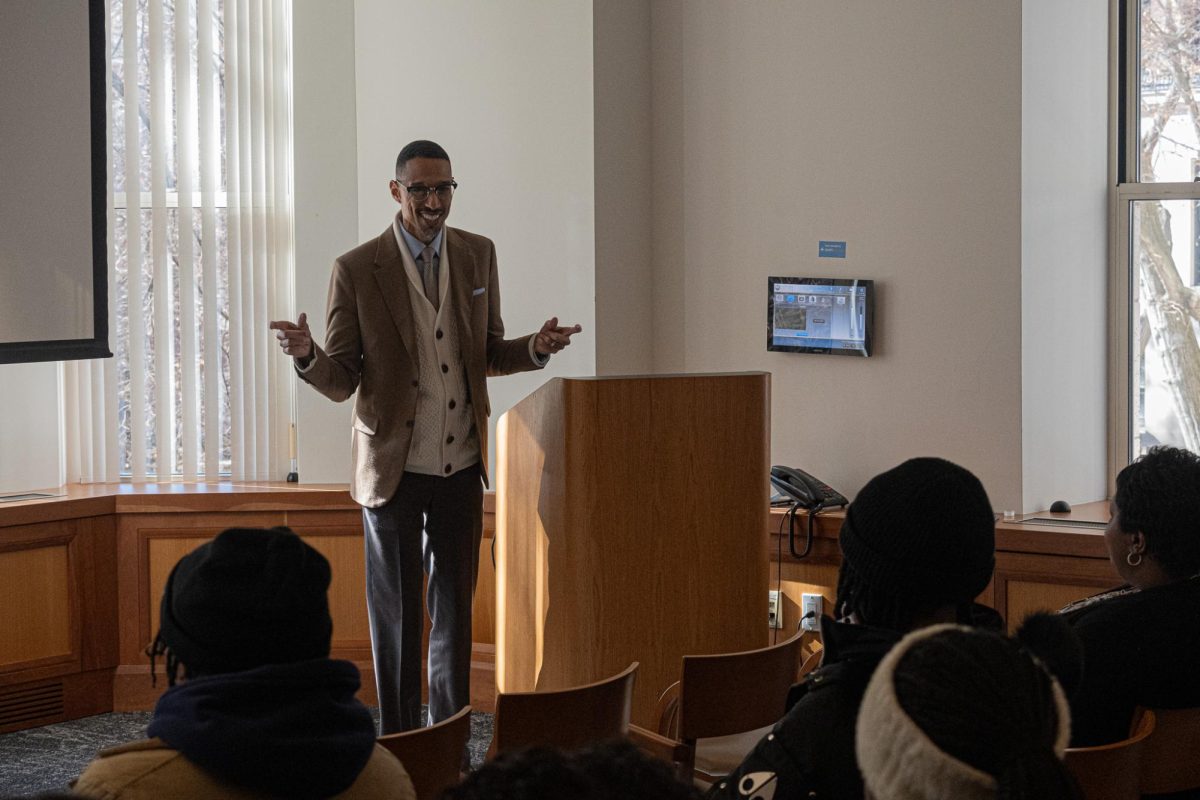
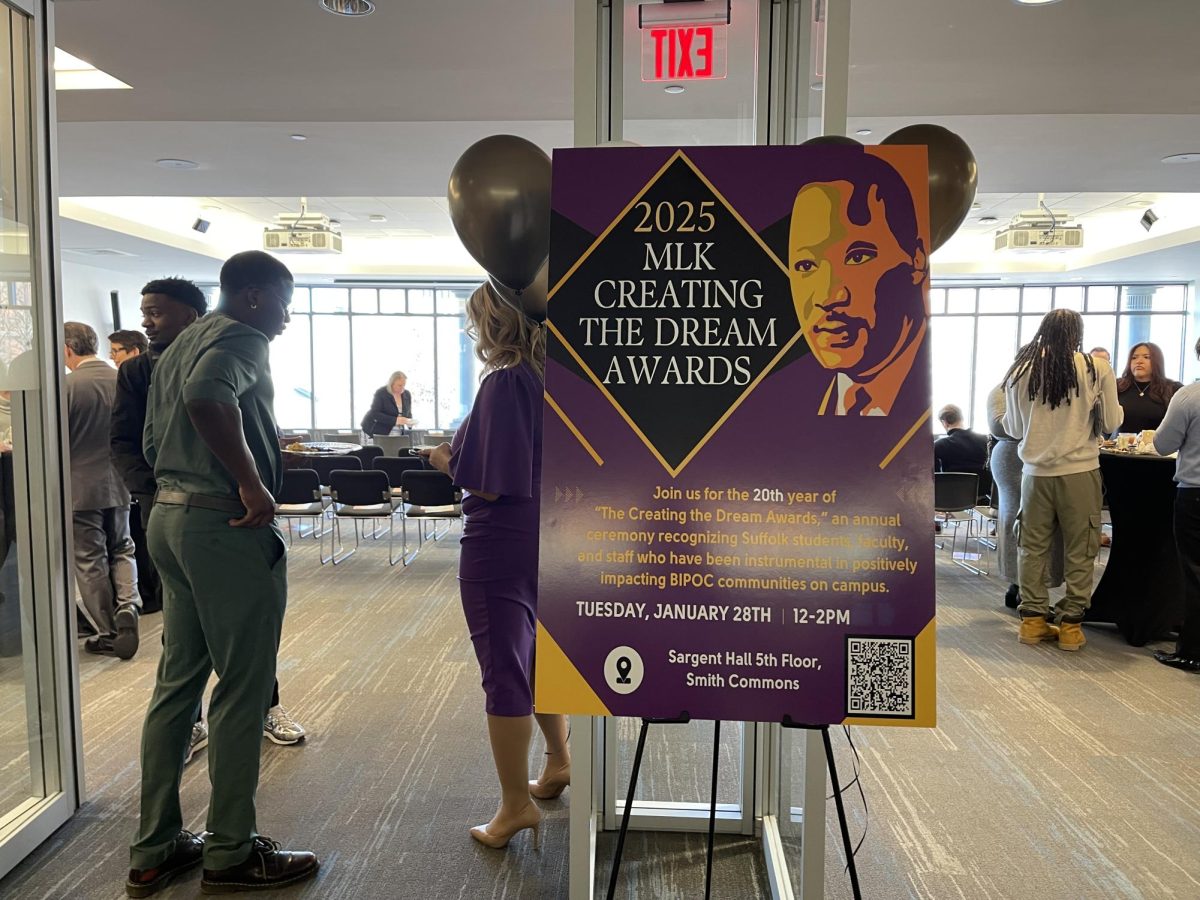
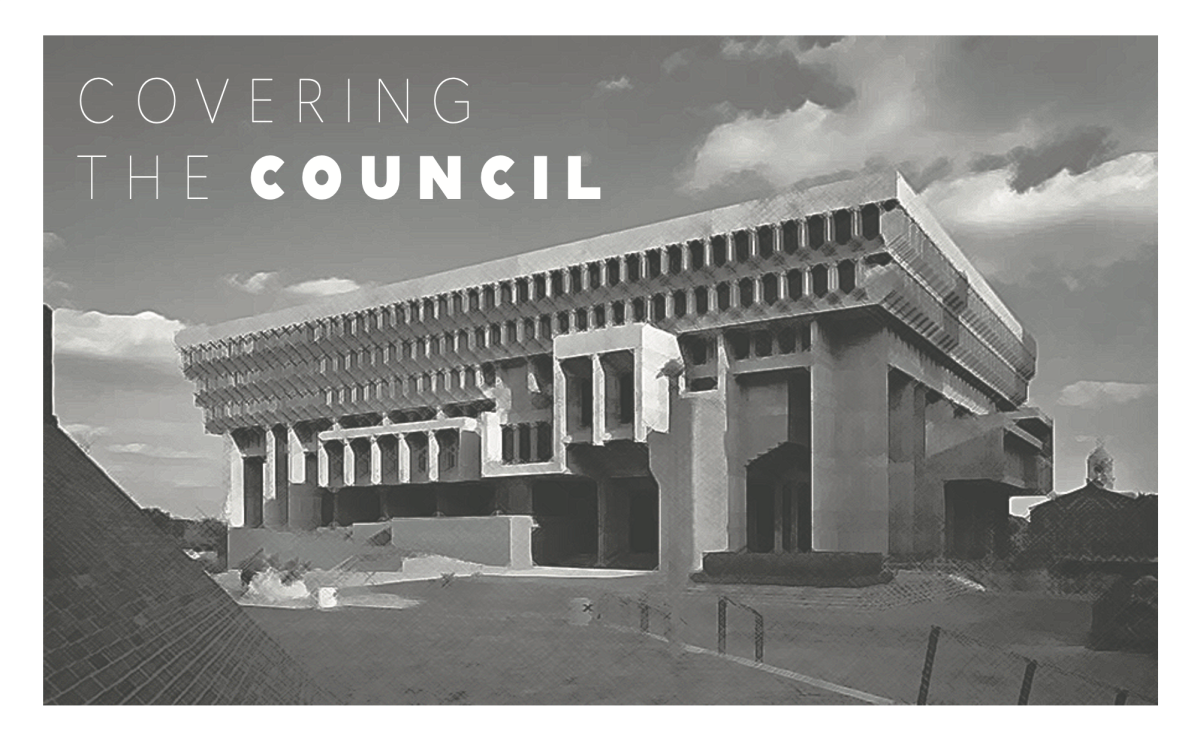
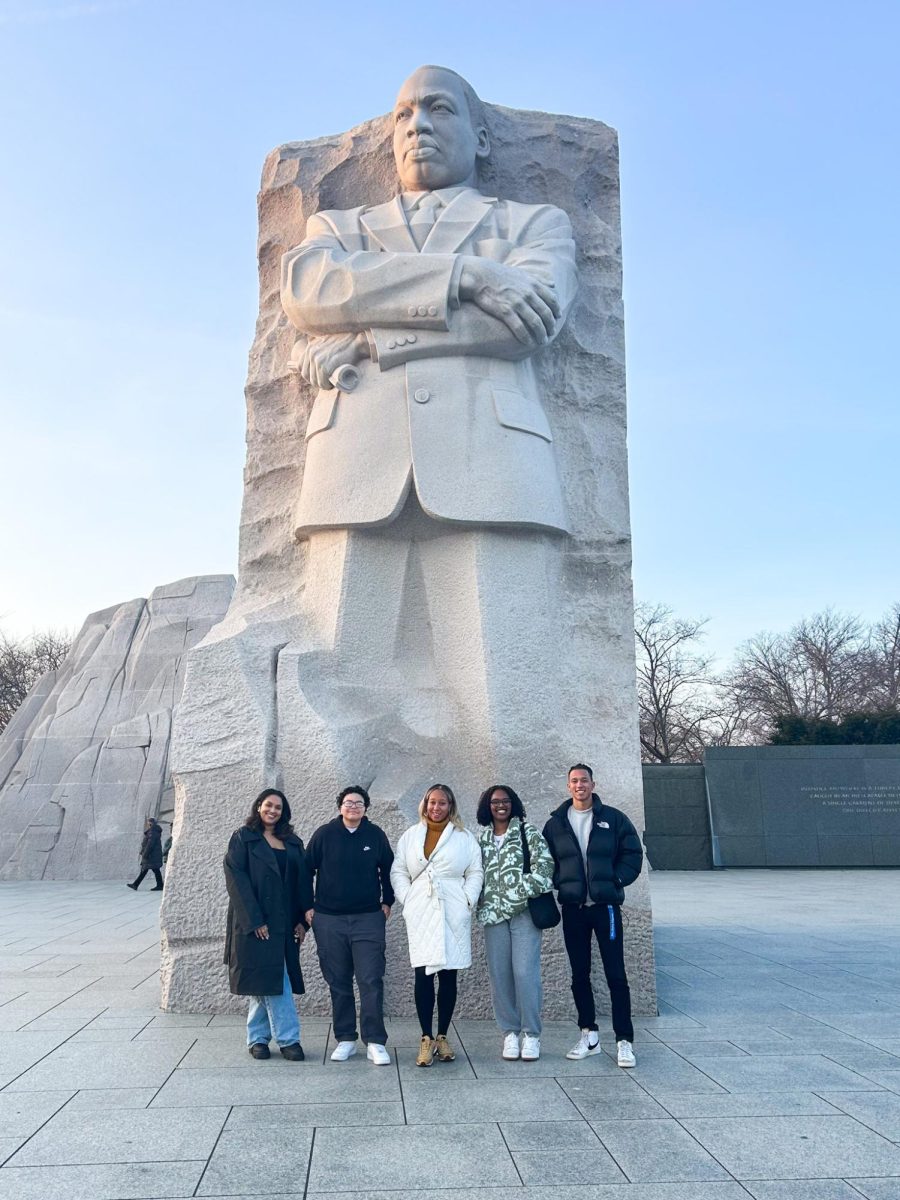
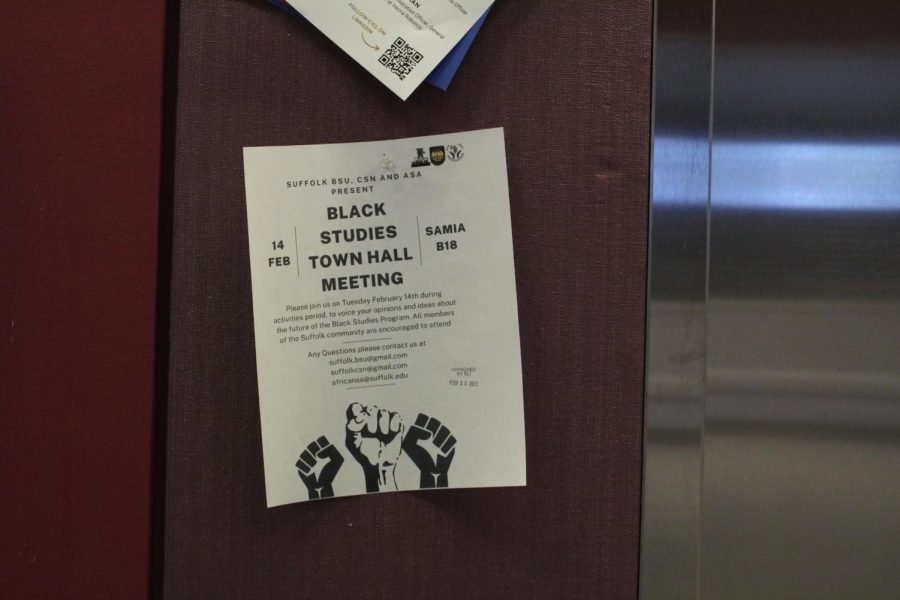
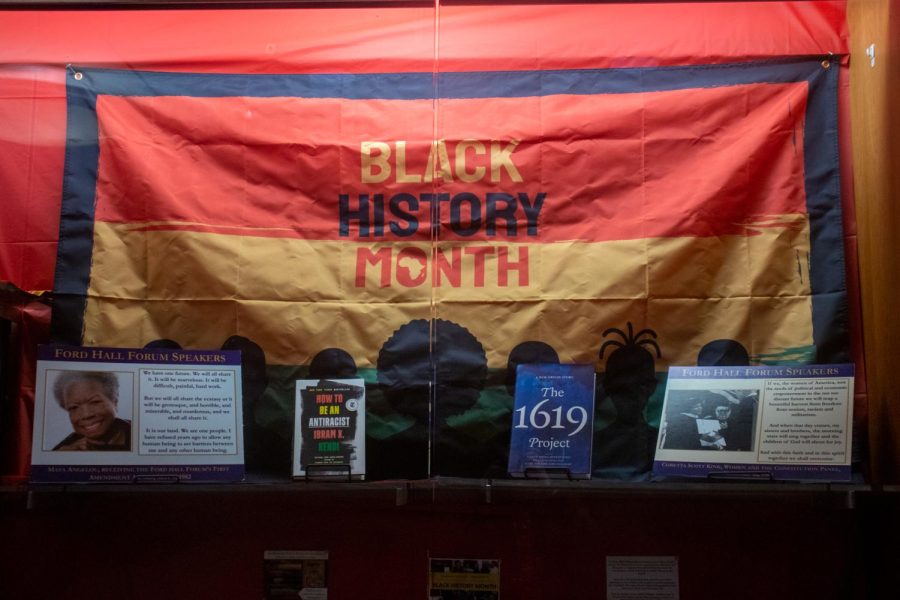
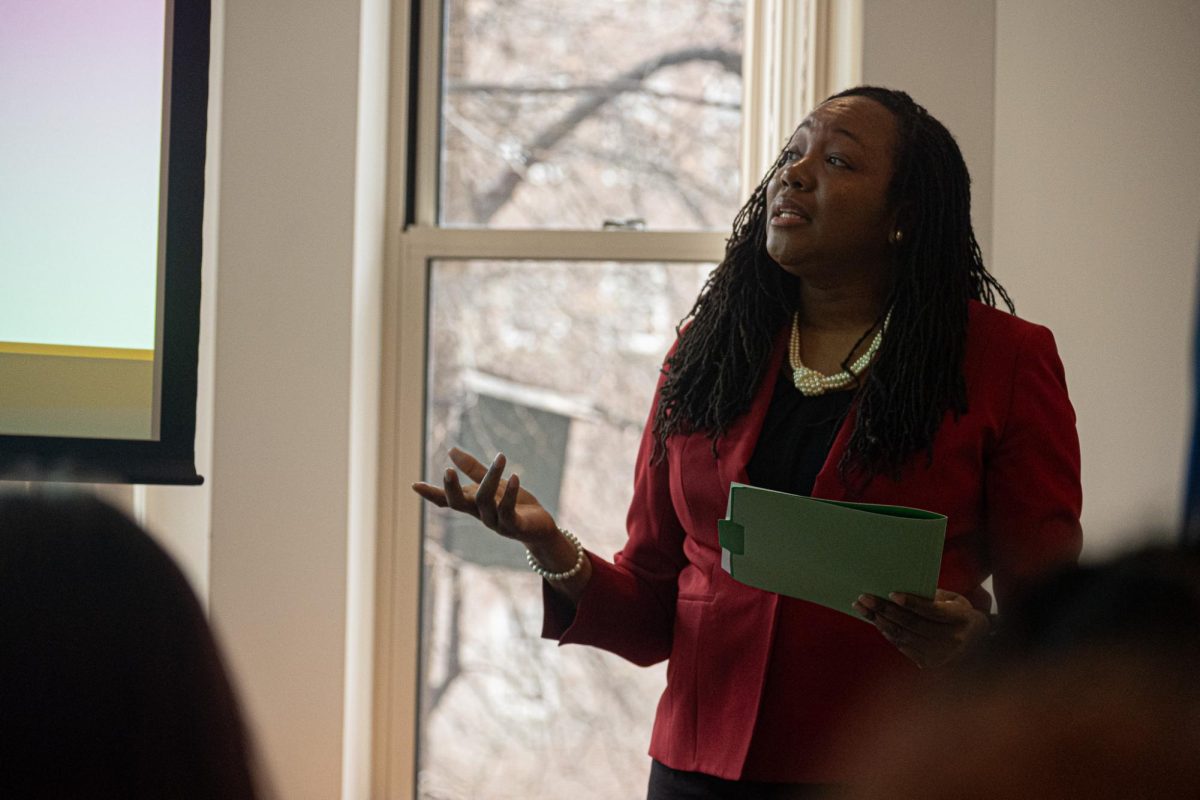


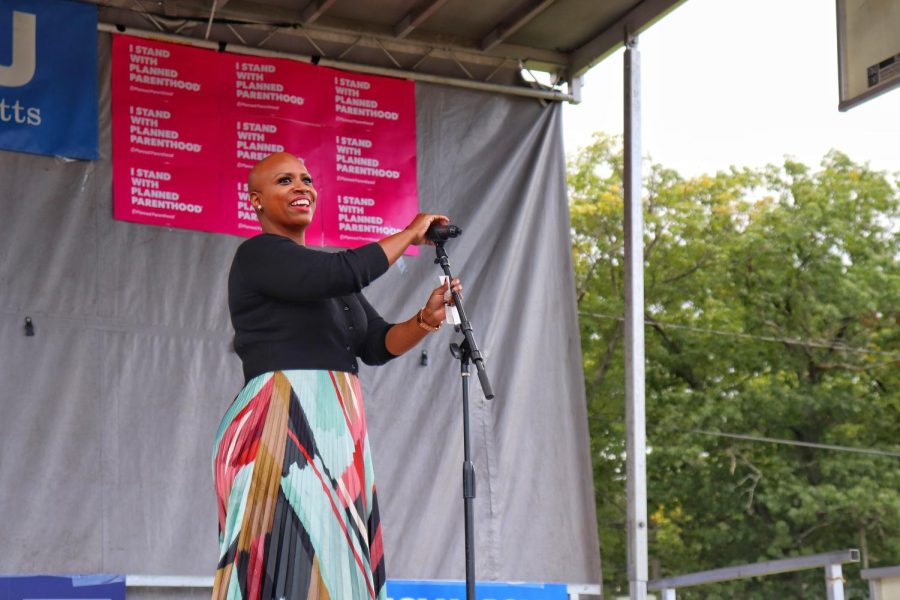
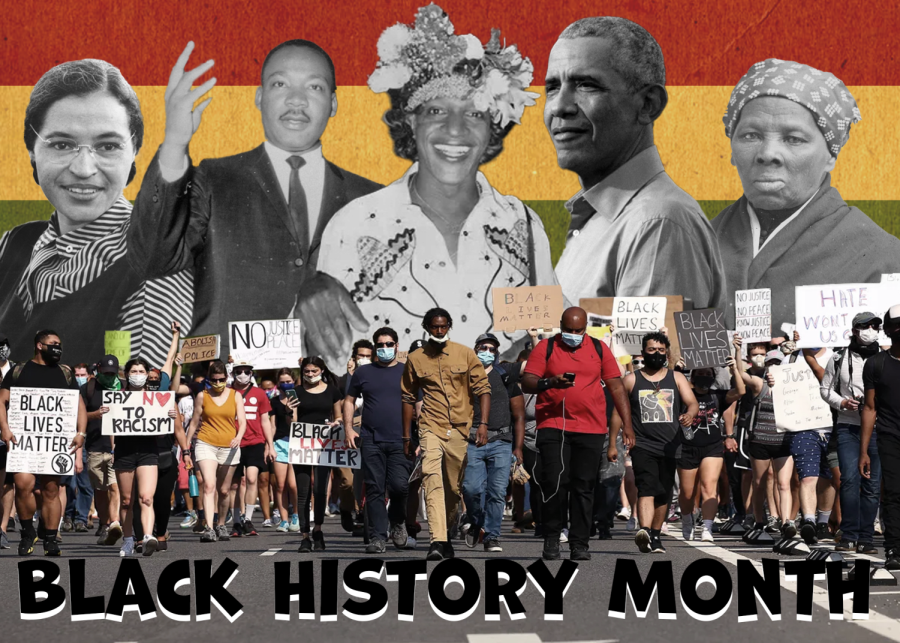
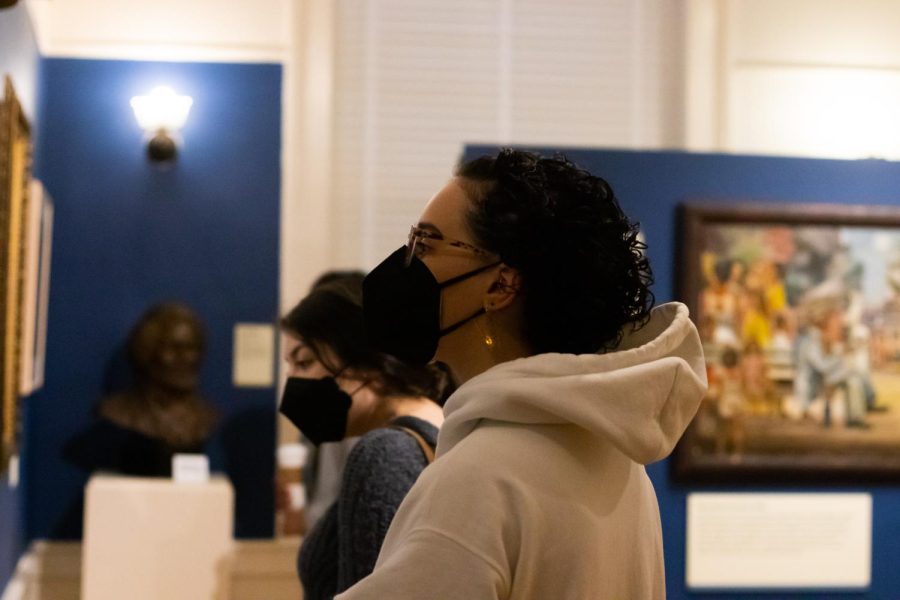






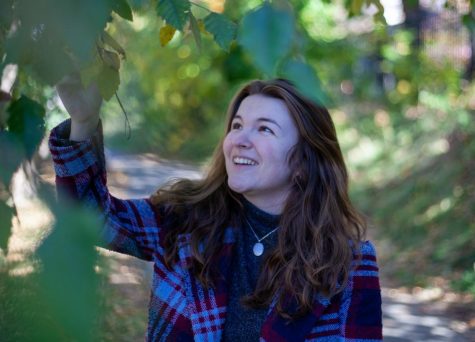
Linda Harkess • Feb 8, 2019 at 10:16 am
Thanks for acknowledging
my son.